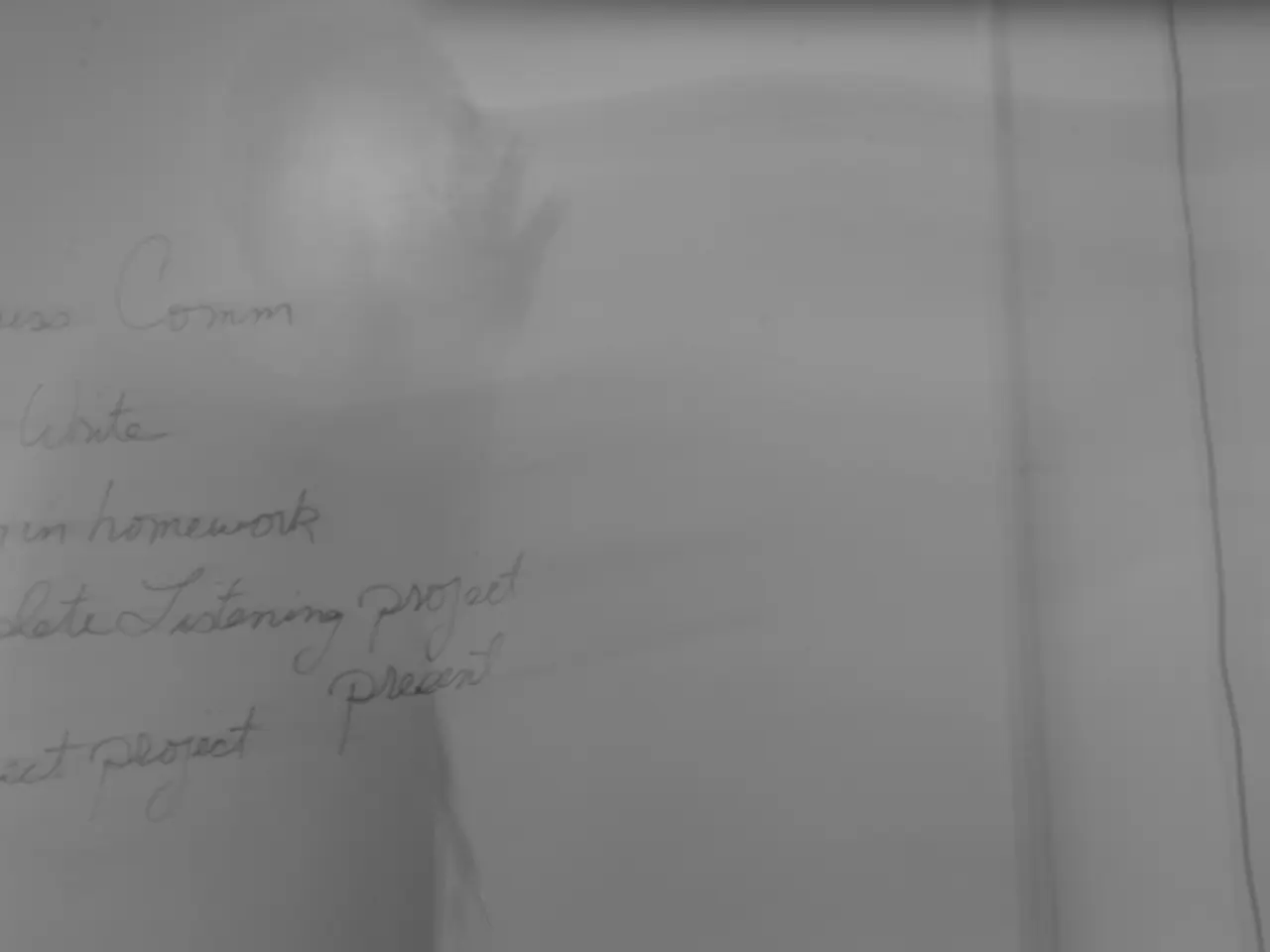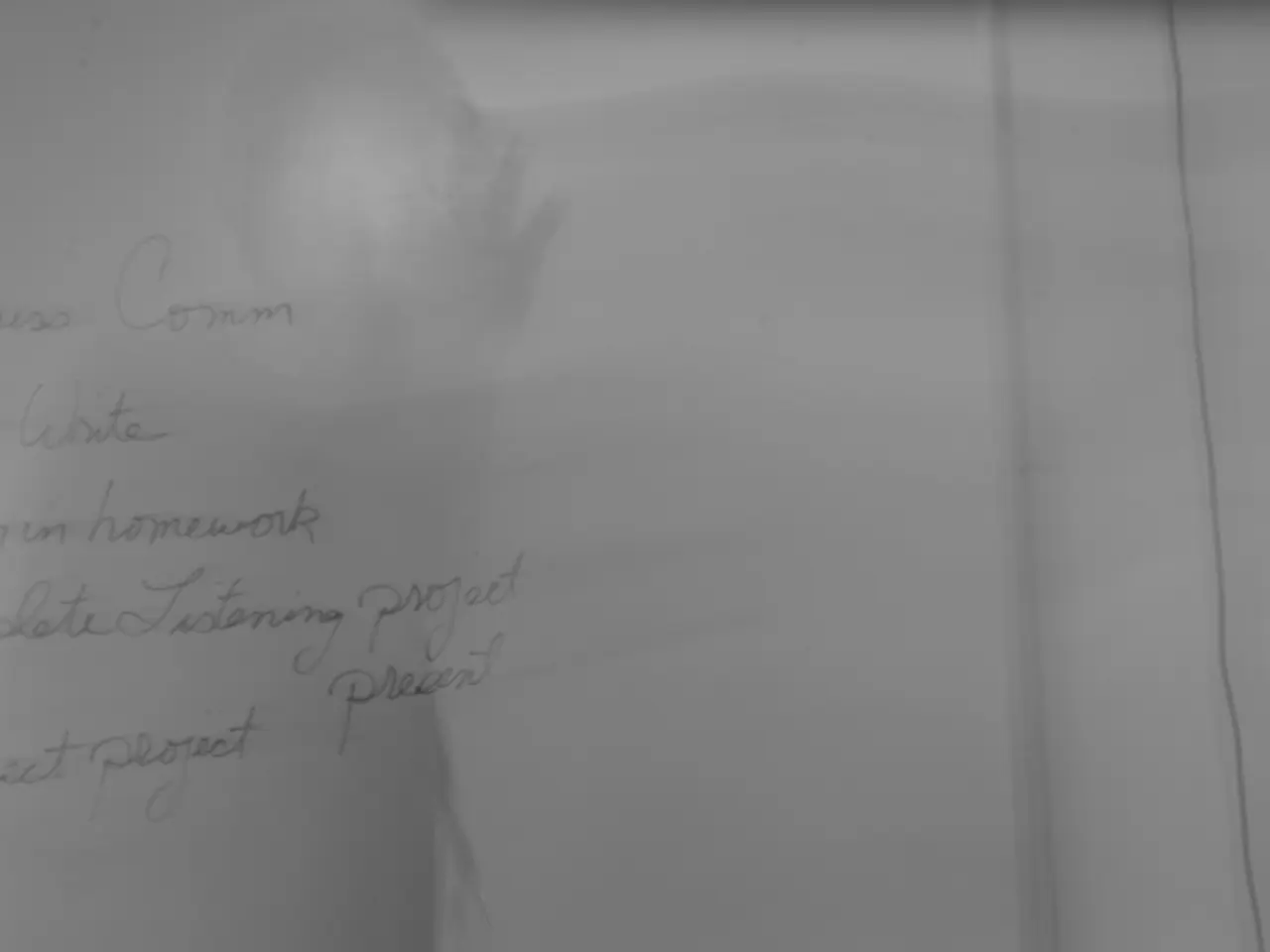Cuomo Attempted to Prevent a $550 Million Debt Fraud, but Things Didn't Turn Out as Expected.
In 2009, New York's Attorney General, Andrew Cuomo, launched a lawsuit against 35 debt collection law firms, accusing them of violating due process rights by filing lawsuits without legally notifying consumers. The lawsuit aimed to recover up to $550 million from the firms.
The case grew out of criminal charges brought against American Legal Process, a process service company that frequently engaged in sewer service. William Singler, the owner of American Legal Process, pleaded guilty in January 2010 and was sentenced to a year in jail.
The lawsuit alleged that consumers were often unaware of the cases against them, only learning about it when money was taken from their paychecks. If they did respond, they were potentially worse off, as the law firms could sue them again for the same debt by mailing them another letter containing the charges.
Despite the allegations, the firms argued that they were victims of American Legal Process's bad behaviour and shouldn't be punished for it. Cuomo's office did not have an effective rebuttal to this argument, leading to settlement talks. By October 2010, nearly all of them had signed.
However, the settlements reached with the firms did not require a judge to vacate any past judgements or refund the money to debtors. This outcome was criticised by some, including Carolyn Coffey, a career consumers' rights attorney, who described it as a "complete pass" for the debt collectors.
Dennis Vacco, who served as New York's attorney general from 1995 to 1998, described the speedy resolution to Cuomo's case as surprising, but the terms of the settlement as controversial. If alleged debtors didn't respond to the letters sent by the law firms, nothing changed, and the judgments against them remained in effect.
Despite the controversy surrounding the settlements, many of the law firms that Cuomo went after continue to be major players in New York's debt collection industry. Forster & Garbus, ALP's top customer, continues to file thousands of lawsuits a year in New York courts.
In conclusion, while Cuomo's lawsuit brought attention to the issue and put firms on notice, it did not ultimately secure strong punitive outcomes against the debt collection law firms involved. The settlement terms were drastically different from what Cuomo originally sought, leading to criticism from some quarters. The case remains a topic of debate in the realm of consumer protection and debt collection practices.
[1] References: Various news reports and articles on the lawsuit and its outcomes.
- The investigation launched by New York's Governor Andrew Cuomo in 2009, specifically against 35 debt collection law firms, was controversial due to the settlement terms that followed.
- Despite the allegations of violating due process rights, the debt collection law firms argued that they were victims of American Legal Process's misconduct and shouldn't be punished for it.
- The settlements reached with the debt collection law firms did not result in the vacating of past judgements or refunding of money to debtors, leading to criticism from some, like career consumer rights attorney Carolyn Coffey.
- Despite the controversy surrounding the settlements, some of the law firms that Cuomo went after, like Forster & Garbus, continue to be major players in New York's finance and business sector, particularly in the debt collection industry.




